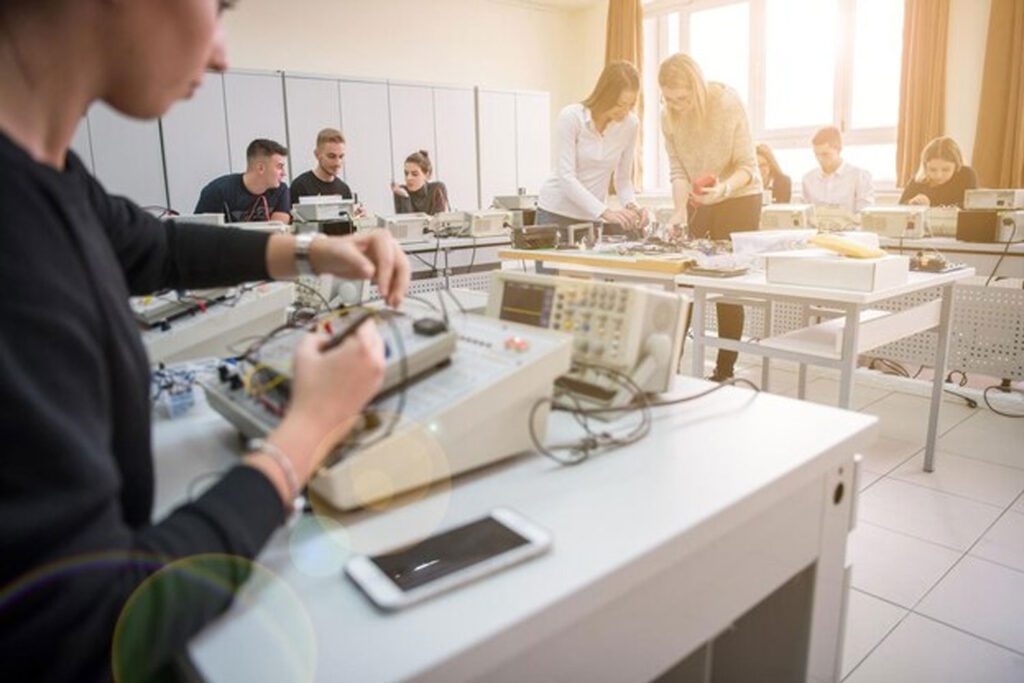Usha Iyer, Founder, The Green School of Bangalore (TGSB) Education

The famous quote from Albert Einstein reads, “Education is what remains after one has forgotten what one has learned in school.” Throughout my 40 years in teaching, this quote has had a significant impact on my viewpoint. It emphasizes how authentic education endures beyond memorization and standardized testing. Rather, it emphasizes that critical thinking, problem-solving, and the capacity to apply information to practical contexts are crucial components of education.
Connecting this to my ideas about the direction of education, especially the emphasis on linking knowledge and skills, emphasizes the need for an educational paradigm that places a high value on lifelong learning and practical skills. Instead of depending only on theoretical knowledge, I advocate for a paradigm that places an emphasis on developing abilities pertinent to our rapidly changing environment.
The Changing Landscape of Work
Future workforce will need a combination of hard and soft talents. Industries are changing due to automation and artificial intelligence, which means that people who are not just technically skilled but also flexible, innovative, and cooperative are in high demand. Teachers now have to prepare kids for roles that may not exist yet because of this paradigm shift.
Integrating Skills into the Curriculum
A curriculum that combines theoretical knowledge with practical skills should be implemented in schools. This method guarantees that students apply ideas in practical contexts in addition to understanding them. We should emphasize projects, internships, and experiential learning in our educational philosophy. By fostering an atmosphere that rewards creativity and experimentation, we prepare students to handle the challenges of today’s businesses.
Lifelong Learning: A Necessity
More than just a catchphrase, lifelong learning is crucial for maintaining a successful job. Upskilling and ongoing education become essential as sectors change. Schools must encourage students to embrace lifelong learning outside of their official schooling by fostering a culture of curiosity and adaptability.This mindset equips them to thrive in an unpredictable job market.
Collaboration with Industry
Enhancing school curricula requires collaboration with leaders in the sector. Schools may make sure that students learn applicable skills that satisfy the expectations of the labor market by incorporating real-world insights and contemporary methods. Guest lectures, mentorship programs, and internships that give students real-world experience are examples of collaborative endeavors. Furthermore, curriculum development can be guided by industry feedback, which aids educators in identifying critical capabilities and new trends. In addition to enhancing the educational process, this collaboration between academia and business better equips students for prosperous careers.
Embracing Diversity and Inclusion
Creativity and innovation are encouraged in a diversified learning environment. Given that variety enhances the educational process, schools must embrace a range of viewpoints and backgrounds.By promoting inclusion, we prepare our students to work effectively in global teams and understand the nuances of various cultures—skills that are invaluable in today’s interconnected world.
Conclusion
The combination of education and talents will be the key to success as we move forward. Let’s work together to create an educational system that motivates, enables, and equips people to take on leadership roles in a changing world.


